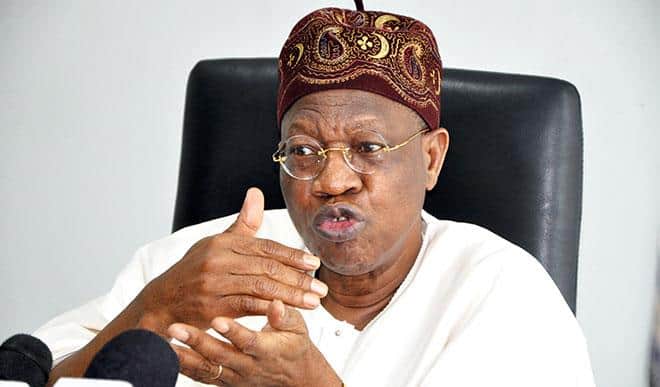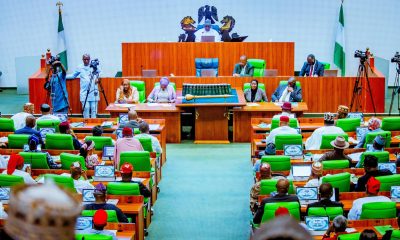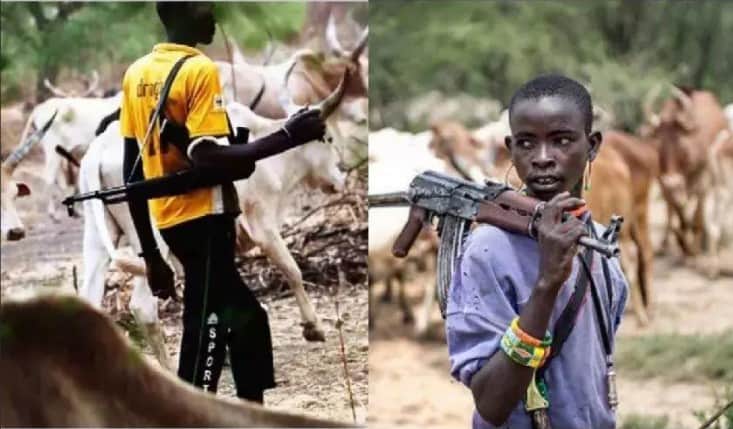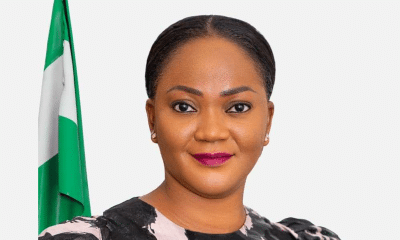Nigeria News
Nigeria Denied Loans Over Farmer/Herder Clashes – Lai Mohammed

The minister of information and culture, says the Federal Government, Lai Mohammed, was denied loans by some foreign organisations because of the clashes between farmers and herdsmen in some parts of the country.
Naija News reports that Mohammed told the House of Representatives committee information, national orientation, ethics and value on Thursday that the federal government had to lobby some international media organisations over their reportage of the issue.
The minister appeared before the committee to defend his ministry’s budget and explain foreign media and PR lobby consultancy contracts awarded by the federal government.
His words: “This government has been denied loans because of the misinformation that have been spread out there,” he said.
“The world has become a global village and what happens in Nigeria today reverberates all over the world.
“And we, in the administration, face a lot of challenges, especially from the comments of the foreign media, from the sometimes hostile positions of foreign governments, even foreign parliaments.
“So, it is the duty of the Ministry of Information to regularly lobby and address international media in the countries.
“I remember that in 2018 we made two trips to the UK and two trips to the US, and these two trips helped tremendously in actually helping the people in the Diaspora and foreign governments to understand the real dynamics of the herdsmen/farmers clashes.
“Until we got there, the impression held by many of them was that the thing was Christians/Muslims, North/South and that time we had to book for interviews with CNN, BBC, Aljazeera, Reuters and Nigeria News. I think it is an important part of governance so that if you cannot mould their opinions, at least it can give them the opportunity of hearing our own side of the story.”
Listing names of some foreign media organisations, Mohammed said they had erroneous editorials that did not represent the true situation in the country hence the need to correct such impressions.
“Until we went there, the generalisation was that what was happening in Nigeria was religious. I always give them examples to show that what happens in Nigeria has nothing to do with religion.”









